Genetics is your genes. And each gene has a unique sequence that makes a protein that does something in your body.
A genetic mutation is a hardcopy change in one or more parts of that sequence.
This could just make you, you. Or it could contribute to a genetic disease.
An epigenetic change also changes a gene’s DNA — but not at the sequence level.
Instead, special marks are added or removed to change how a protein works in the body. These could also contribute to disease. How these marks appear is a hot research topic. Some causes may be diet, stressors or environmental pollutants.
What’s important about epigenetics is that it offers a different approach to treating disease. Whereas a hardcopy genetic mutation is difficult to fix, finding ways to remove a bad epigenetic mark, or add a good one, could be an easier solution.
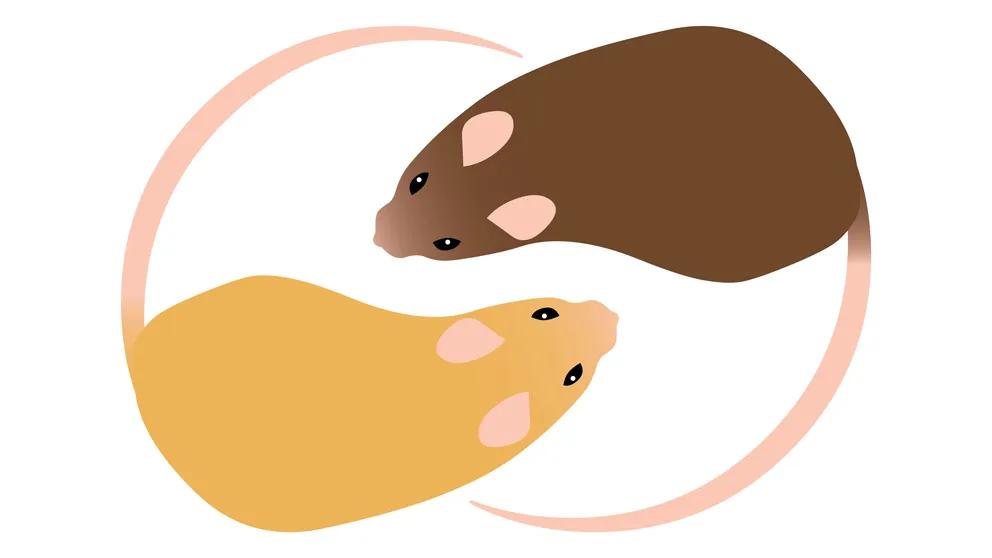
How can two mice with the same DNA sequence have different coat colors? Epigenetics! In this particular yellow mouse strain, when a mother is given a diet enriched in folic acid (a good source for epigenetic ‘methylation’ of DNA), a gene controlling coat color is methylated resulting in more brown pups being born than yellow. This is an example of how diet can cause epigenetic changes to affect an individual — without physically changing their DNA sequence.
The free JAX Online MiniCourse, "Beyond Genes: Epigenetics, Environment, and Health," explores how the environment influences gene expression through epigenetics. You will expand your knowledge of the role of epigenetics in health and disease by examining human and mouse model studies in this self-paced MiniCourse. Upon completion, you can showcase your new skills on LinkedIn with an optional digital certificate and Credly badge from JAX. Enroll now!
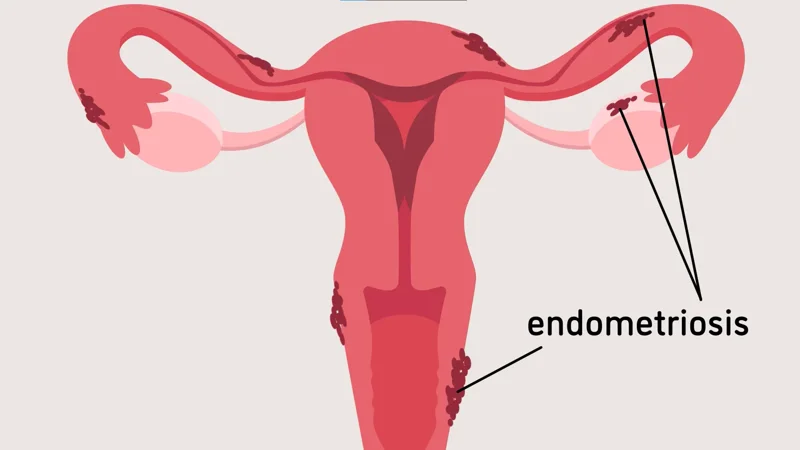
Endometriosis is a fairly common gynecological condition that affects 200 million people with uteruses worldwide. So what is this condition, exactly, and what can be done about it?
View more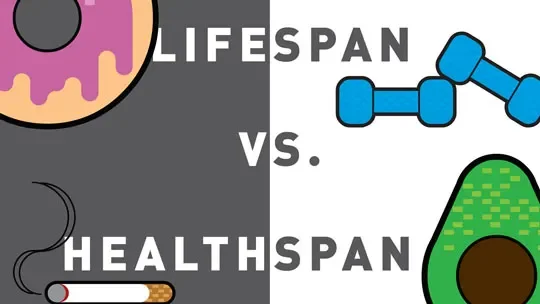
We all want to live long lives, but not at the expense of our health!
View more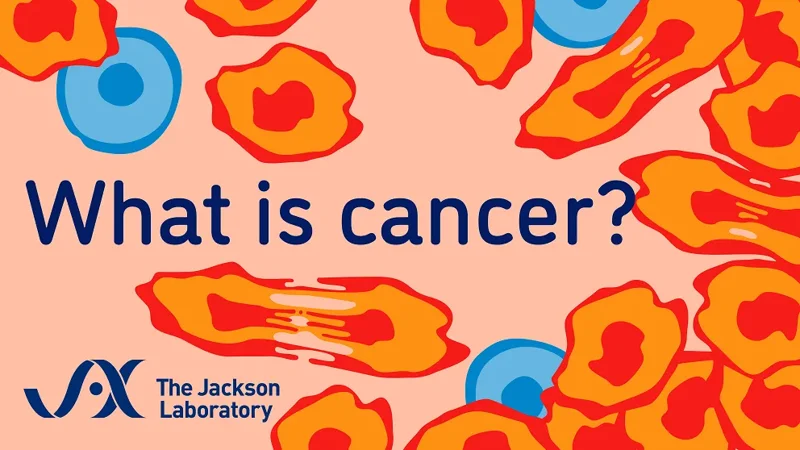

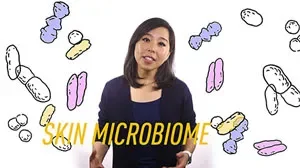
The trillions of bacteria, fungi and viruses that live on the skin all over our bodies is part of the microbiome.
View more
Discover what genetic resilience is and how our genetic makeup can protect us from disease in this Minute to Understanding from The Jackson Laboratory!
View more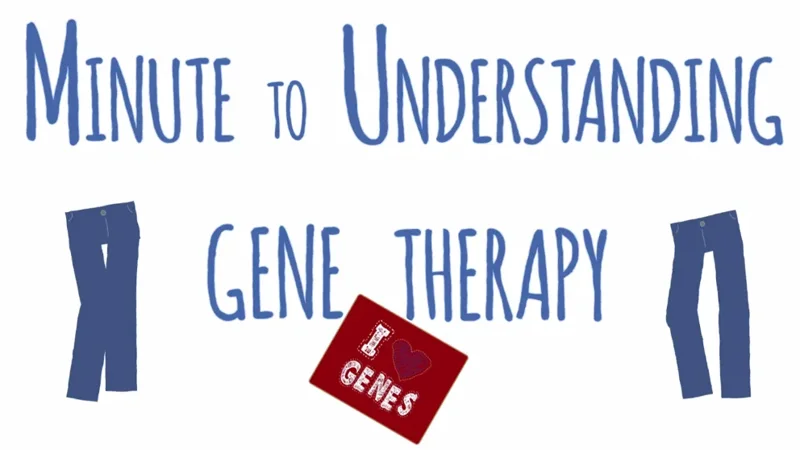
Mutations in our genes can cause life-threatening diseases, and sometimes there is no drug or surgery available for your doctor to prescribe. Enter gene therapy.
View more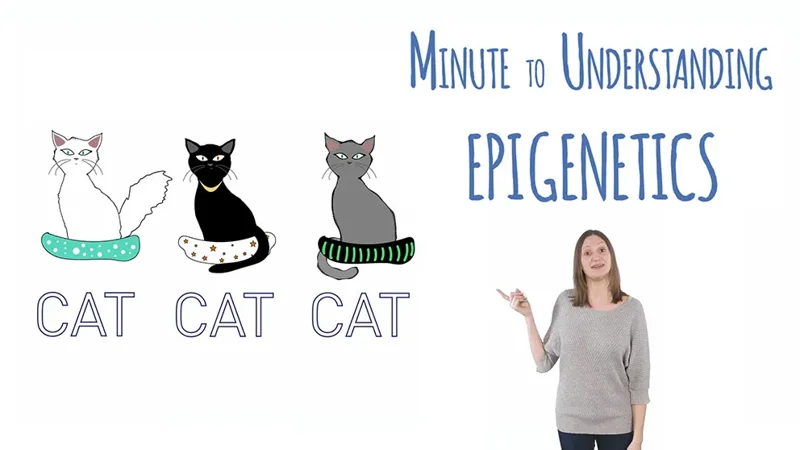
Learn how epigenetic changes can affect an individual — without physically changing their DNA sequence.
View more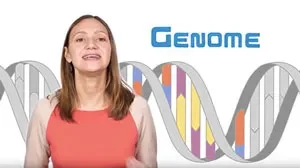
The difference between genetics and genomics is not just the letter "O."
View more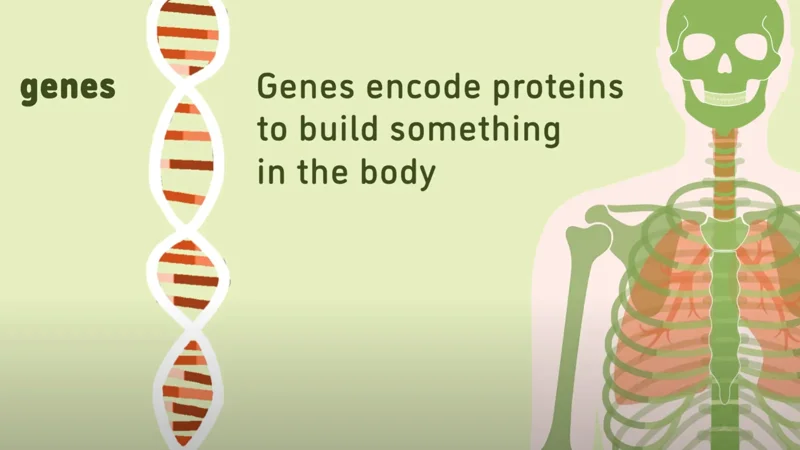
Every person in the world is different. We all have physical characteristics and quirks that make us unique. But what, biologically, makes us who we are?
View more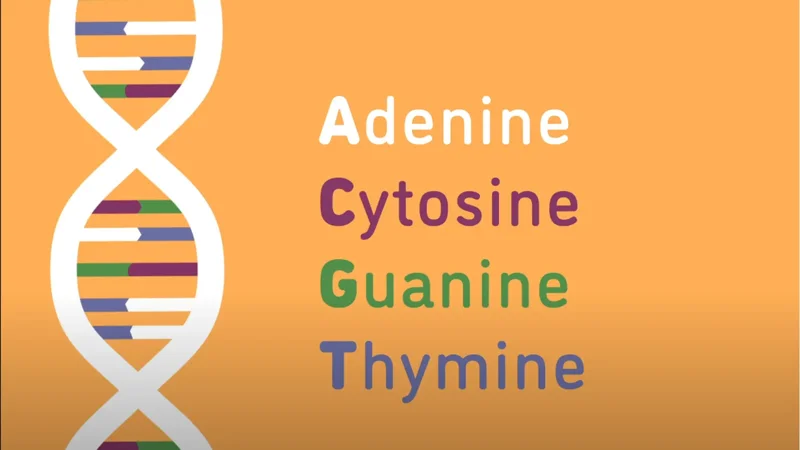
Discover what DNA is and how it serves as the genetic instruction manual for life. Learn how DNA sequences determine traits and pass heritable information from one generation to the next.
View more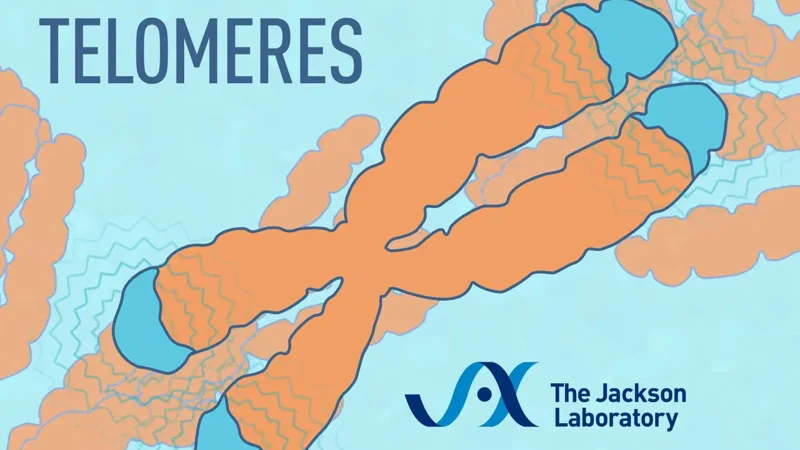
What are telomeres? Telomeres are structures made from DNA sequences and proteins found at the ends of chromosomes. They cap and protect the end of a chromosome like the end of a shoelace.
View more
Explore bite-sized science with Minute to Understanding. Quick, easy-to-remember videos simplify complex scientific terms and breakthroughs. Perfect for staying informed on the latest advancements.
View more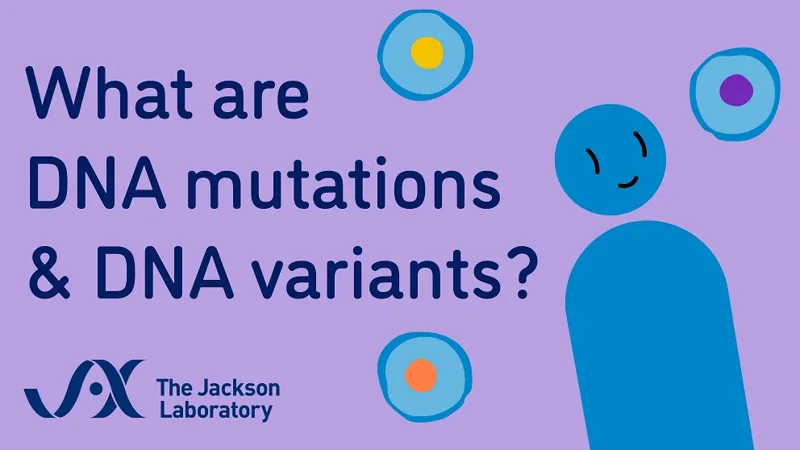
Explore DNA variants and discover how mutations during DNA replication make each organism unique. Learn about their role in genetic variation and their potential impact on life.
Learn more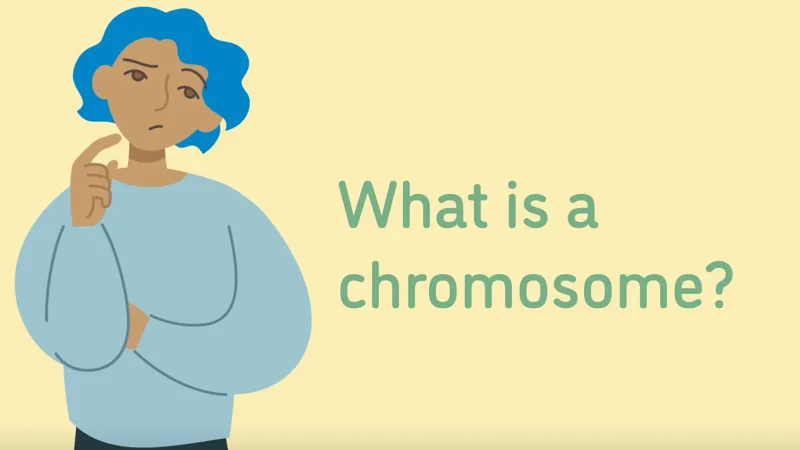
Discover the role of chromosomes in cell division and genetic data storage. Learn how these DNA-packed structures enable proper cell function and ensure life’s continuity.
View more